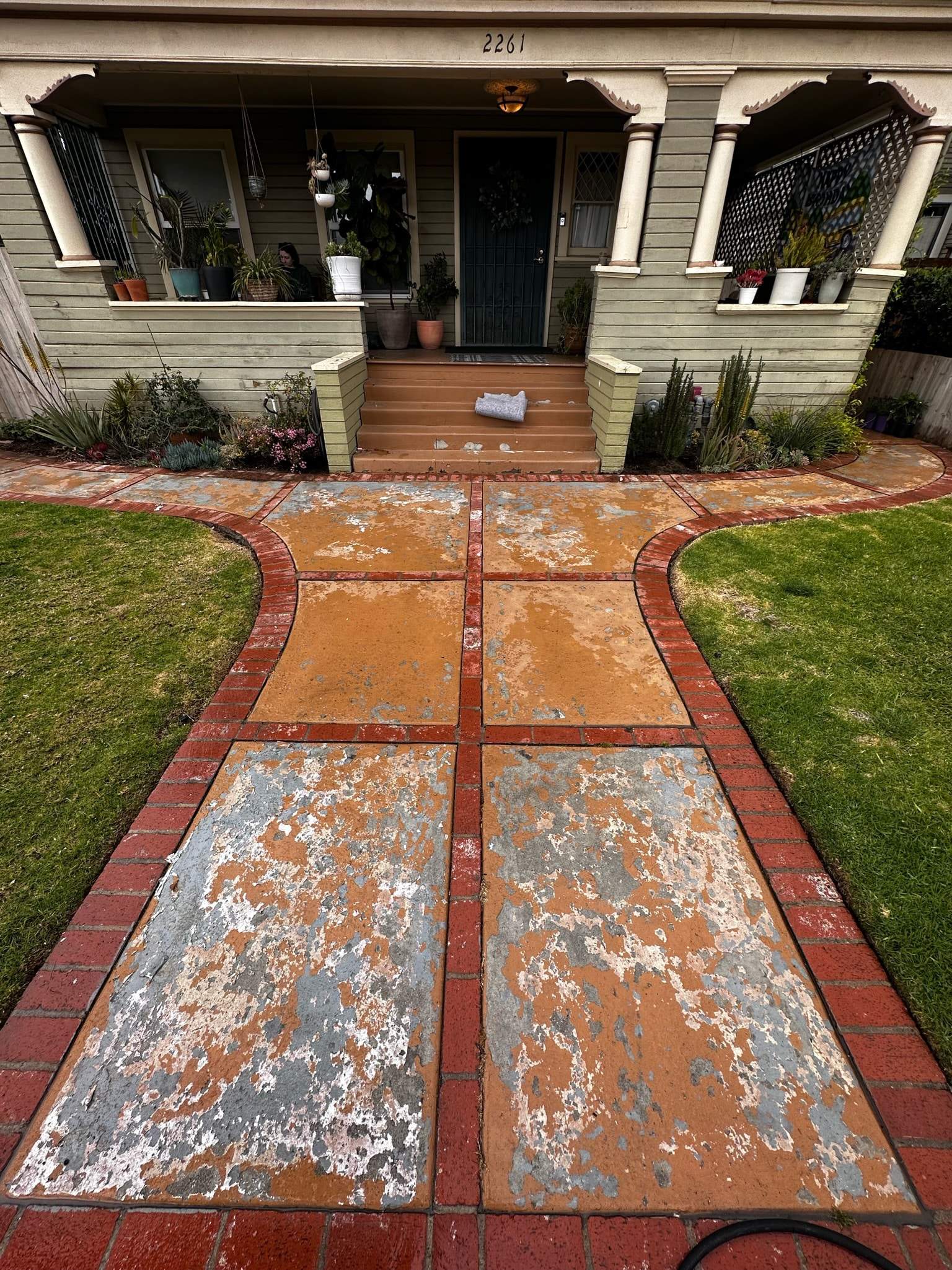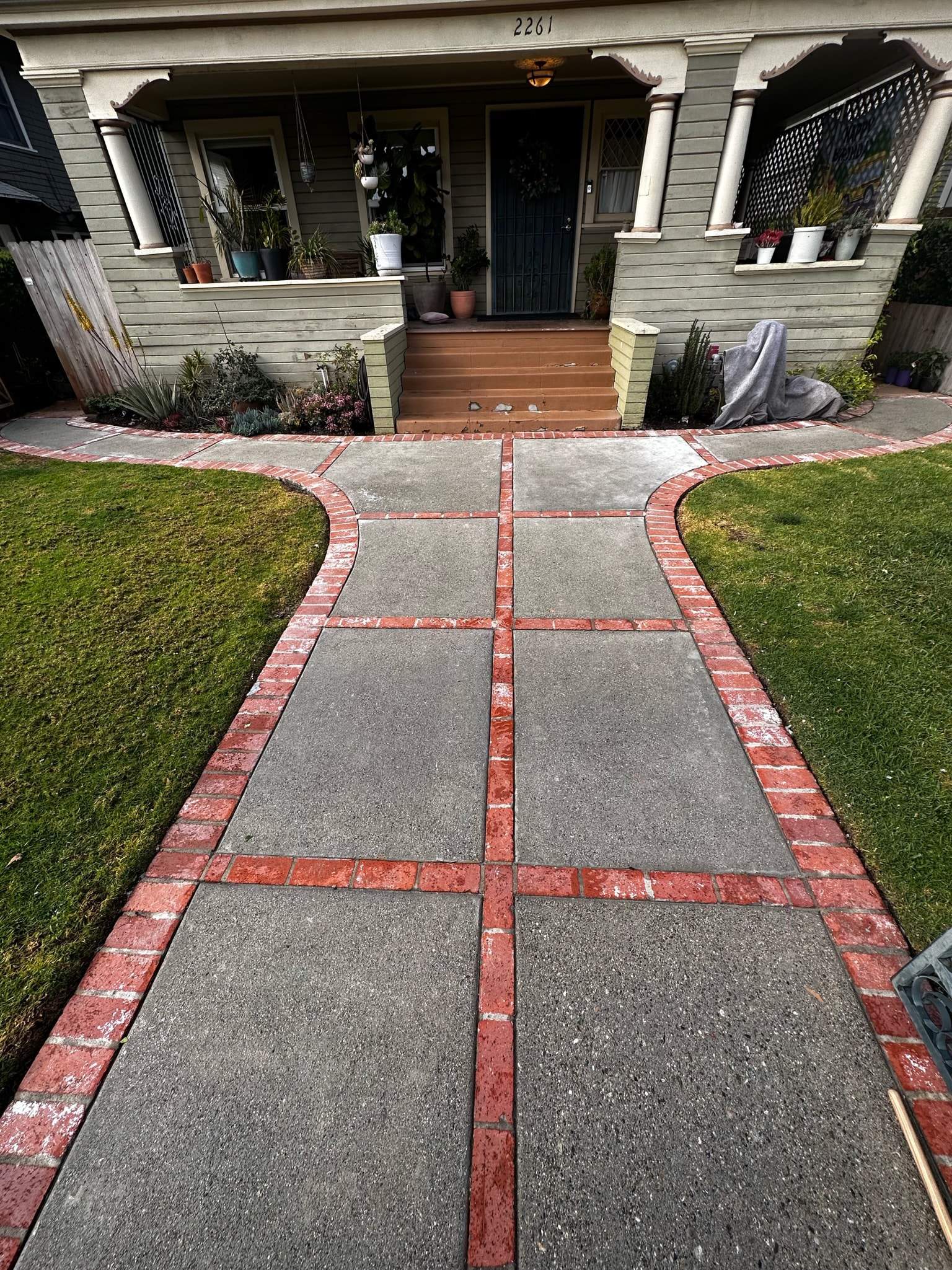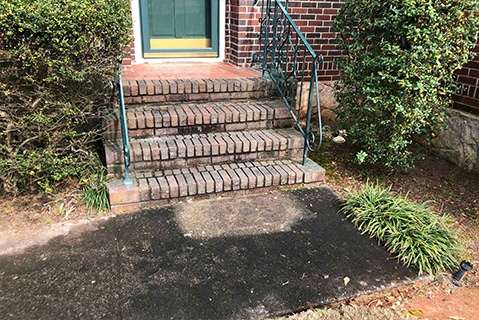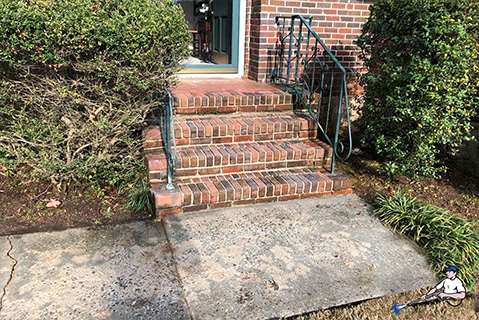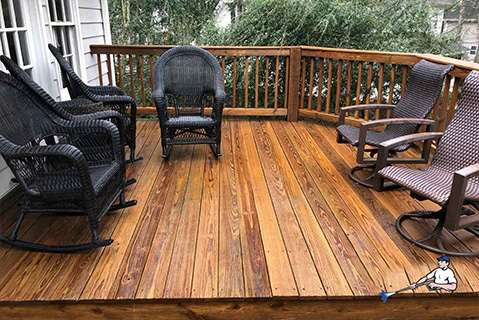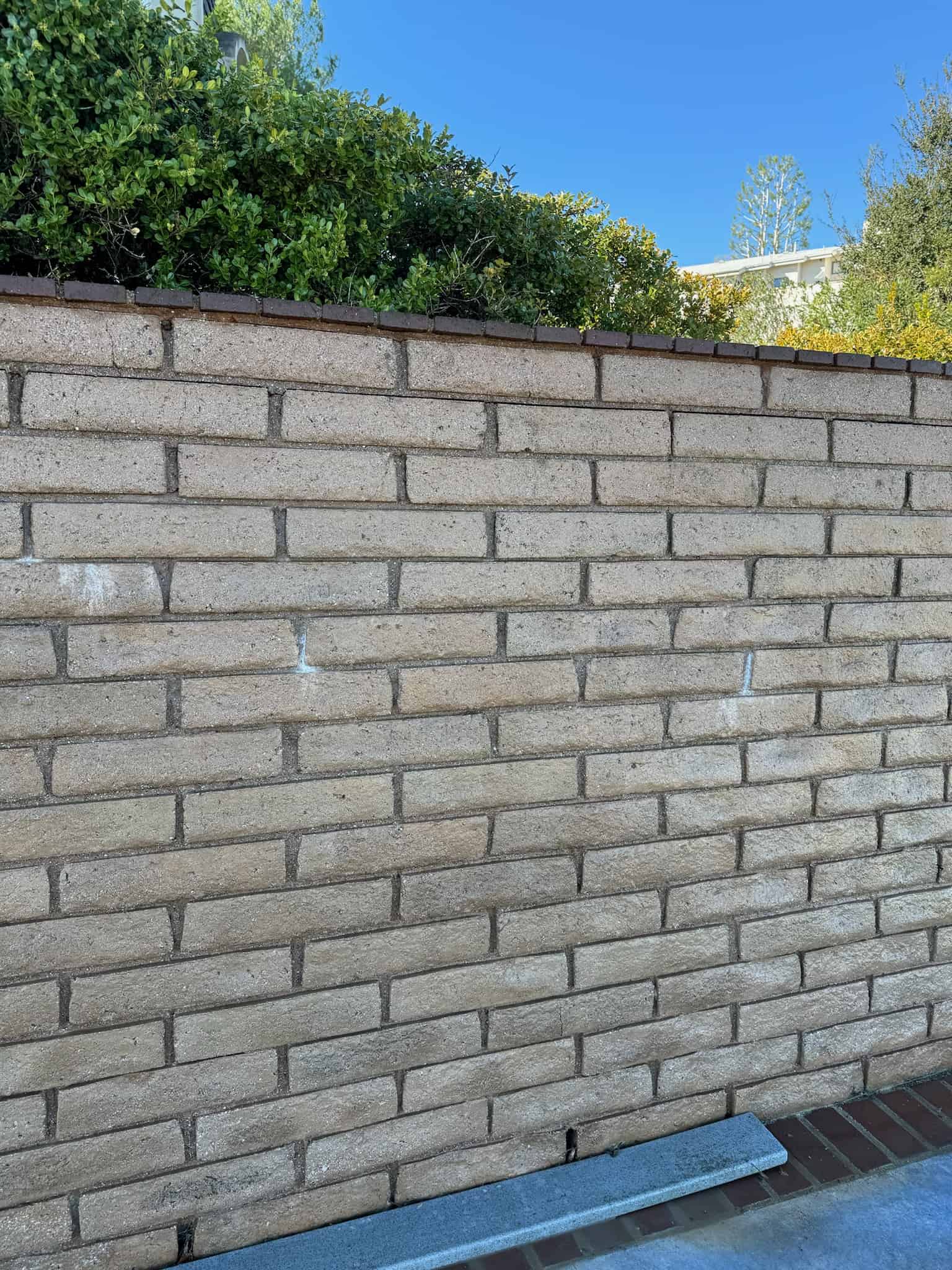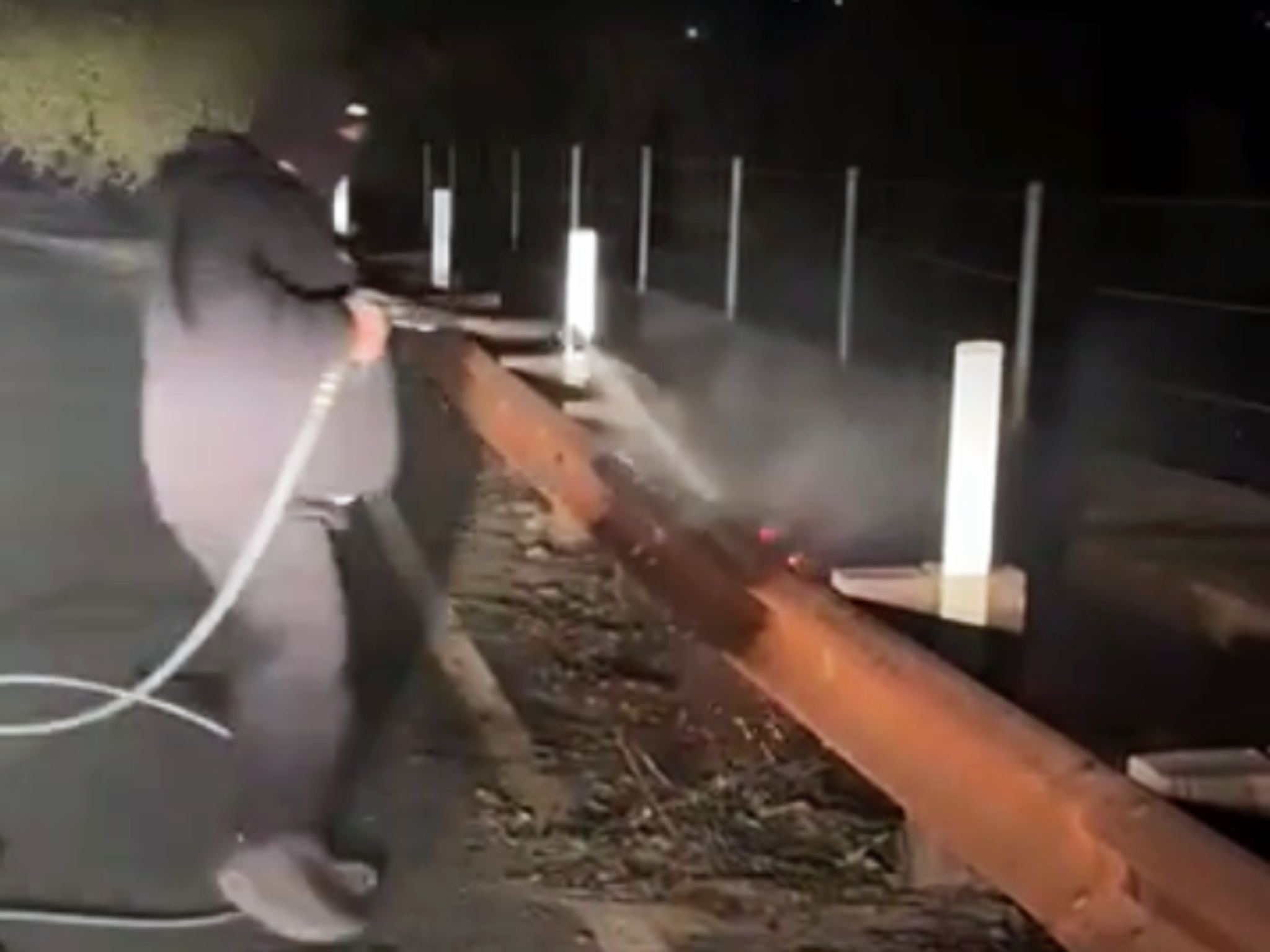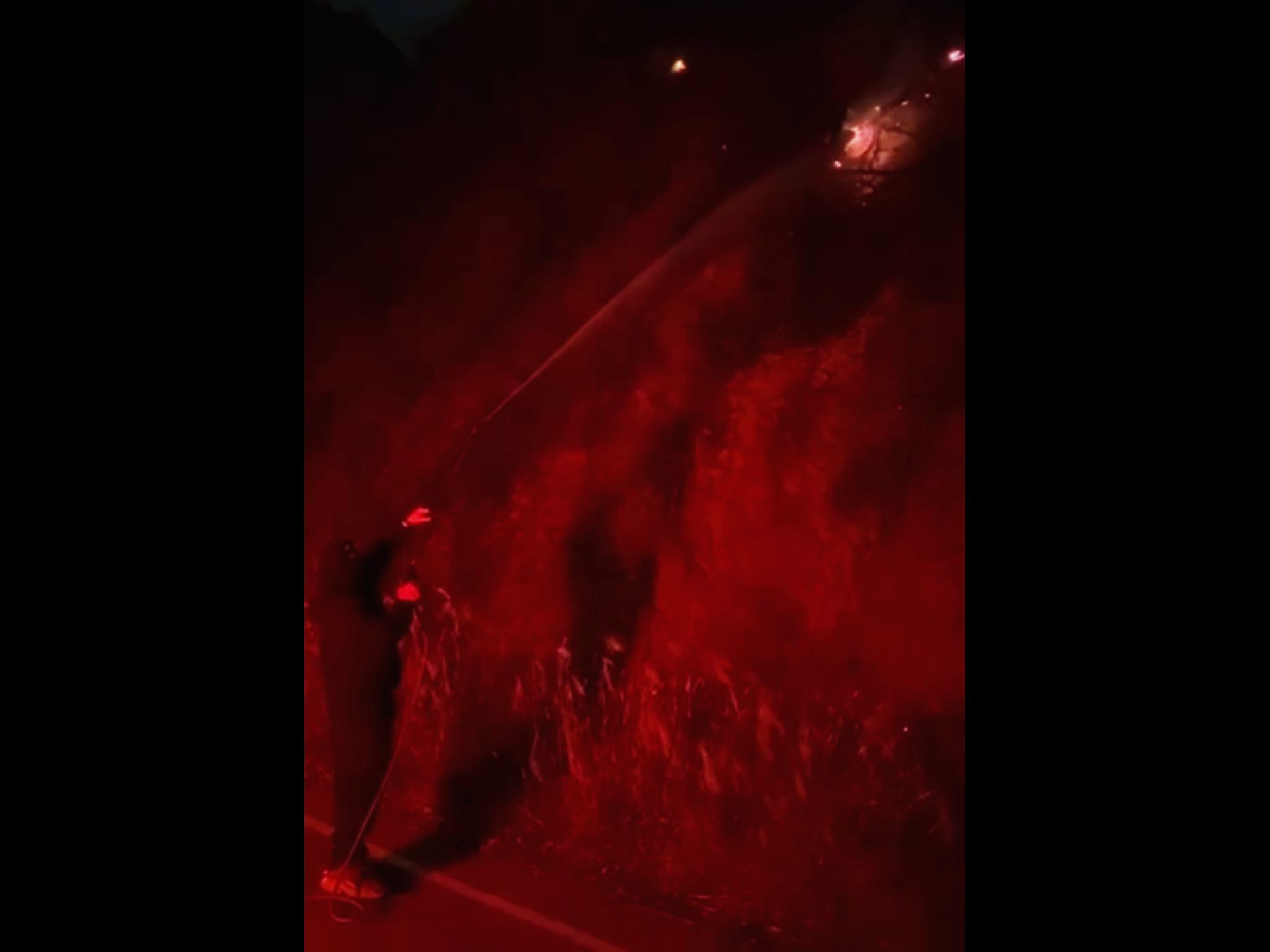Soot and Ash Build-Up
Wildfires produce large amounts of soot and ash that can settle on exterior surfaces, including siding, roofs, driveways, patios, and decks. Power washing helps remove this residue, restoring the home’s appearance.
Smoke Staining
The heavy smoke from wildfires can cause discoloration on exterior walls, fences, and windows. Power washing is effective at lifting smoke stains from surfaces.
Airborne Debris and Contaminants
Fire can send debris, burnt plant matter, and other pollutants into the air, which then settle on homes. This debris can be difficult to remove with regular cleaning and requires pressure washing.
Water and Fire Retardant Residue
Firefighters often use water, foam, and fire retardants like Phos-Chek to combat fires. These substances can leave sticky or powdery residues on homes and driveways, requiring thorough washing.
Odor Absorption on Porous Surfaces
Smoke and fire-related odors can seep into wood, brick, and stucco. Power washing can help remove surface-level smoke particles and mitigate lingering smells.
Clogged Gutters and Downspouts
Ash and debris from wildfires can accumulate in gutters, causing blockages. Pressure washing can help clear these obstructions to restore proper drainage.
Contaminants in Pools and Outdoor Areas
Pools, patios, and outdoor furniture can become covered in soot and ash, making them unsafe or unsightly. Power washing is an effective way to clean these areas.s.
Mold and Mildew Growth
After fire suppression efforts, lingering moisture from firefighting activities can create conditions for mold and mildew to grow on walls, roofs, and decks, necessitating power washing.
Damage from Heat Exposure
While power washing can’t repair structural damage, it can help clean areas that have experienced scorching or charring, preparing them for further repairs or repainting.

